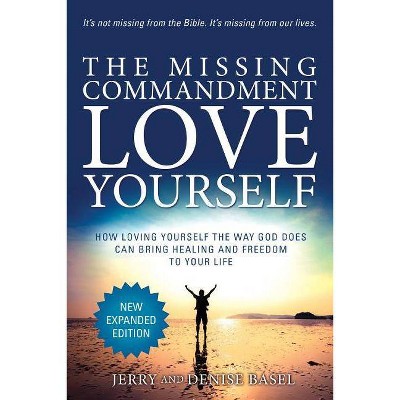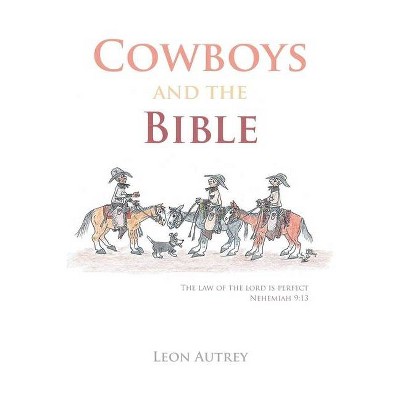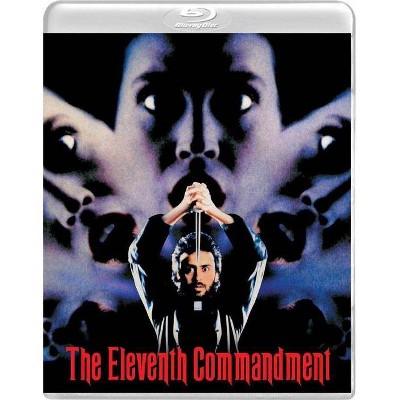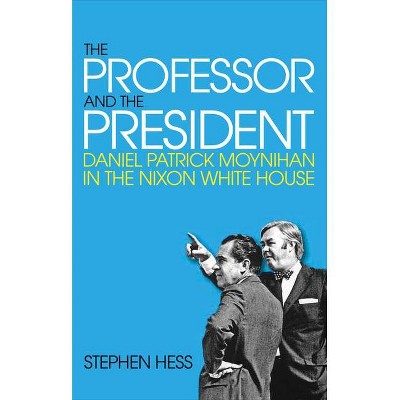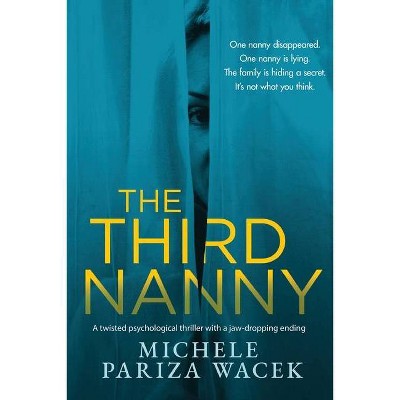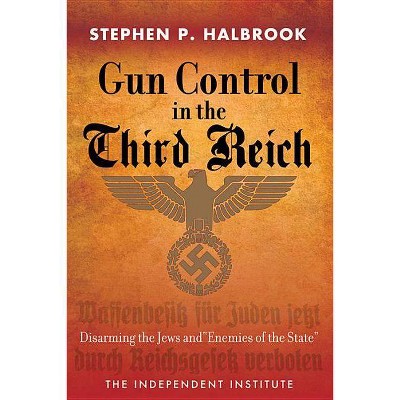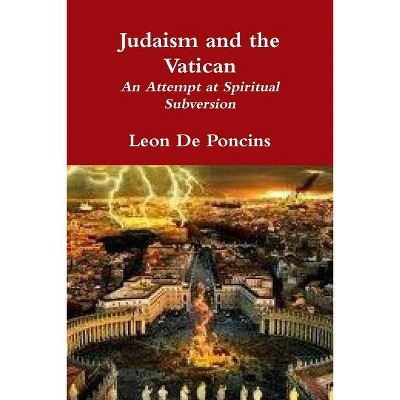The Third Commandment and the Return of the Anusim - by Stephen Leon (Paperback)
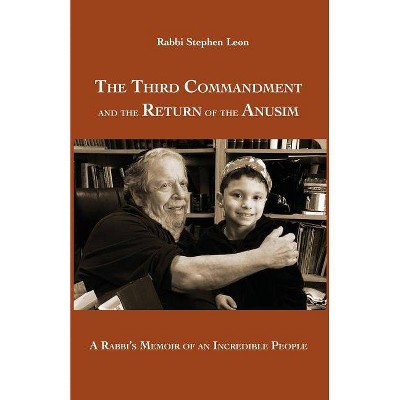
Similar Products
Products of same category from the store
AllProduct info
<p/><br></br><p><b> About the Book </b></p></br></br>Rabbi Stephen Leon has written his theological memoir about experiences with Anusim families from the Southwest of the U.S., Mexico and beyond. Since the 1980's he has been a major figure in the Borderlands region of the Rio Grande, recognizing the B'nei Anusim and their return to Judaism.<p/><br></br><p><b> Book Synopsis </b></p></br></br><p>Rabbi Stephen Leon's book, The Third Commandment and the Return of the Anusim: a Rabbi's Memoir of an Incredible People, stands as not only a testimony of faith, but also as a symbol of religious tenacity.<br /> Anusim is the Hebrew word first employed by fifteenth century Spanish Jews to describe their co-religionists who were forced either by the sword or other means to convert to Christianity. These people were often called by many other names, some complimentary and others carrying a disparaging nuance. These names included marranos, conversos, and nuevos cristianos. Jews, however, used but one word: anusim: meaning those who had been spiritually violated.<br /> Fifteenth and sixteenth century Spanish Jews saw these people as the victims of a spiritual assault. Although it is true that some of these people, once converted, did become loyal citizens of Christendom, others, despite the trials and tribulations maintained a schizophrenic split religious personality. That is to say, that on the outside these anusim by law were practicing Christians, but in the interiors of their homes and souls, they remained loyal to the faith and people of Israel.<br /> These forced conversions changed the social structure of Spanish Jewry. Where once there had been a single and united Jewish politic within the various nations that composed the Iberian Peninsula, now Jewry was divided into four separate subcategories: <br /> (1) Jews who were practicing members of the people of Israel, <br /> (2) Jews had converted to Christianity due to issues of spiritual assault but despite the legal and economic hurdles remained at least in private loyal to their faith and people, <br /> (3) Jews, who were forced to convert, decided to adapt themselves to their new situation and became loyal Catholics and<br /> (4) a small number of Jews who for personal reasons had freely chosen Christianity.</p><p>Rabbi Stephen Leon's book, The Third Commandment and the Return of the Anusim: a Rabbi's Memoir of an Incredible People, stands as not only a testimony of faith, but also as a symbol of religious tenacity.<br /> Anusim is the Hebrew word first employed by fifteenth century Spanish Jews to describe their co-religionists who were forced either by the sword or other means to convert to Christianity. These people were often called by many other names, some complimentary and others carrying a disparaging nuance. These names included marranos, conversos, and nuevos cristianos. Jews, however, used but one word: anusim: meaning those who had been spiritually violated.<br /> Fifteenth and sixteenth century Spanish Jews saw these people as the victims of a spiritual assault. Although it is true that some of these people, once converted, did become loyal citizens of Christendom, others, despite the trials and tribulations maintained a schizophrenic split religious personality. That is to say, that on the outside these anusim by law were practicing Christians, but in the interiors of their homes and souls, they remained loyal to the faith and people of Israel.<br /> These forced conversions changed the social structure of Spanish Jewry. Where once there had been a single and united Jewish politic within the various nations that composed the Iberian Peninsula, now Jewry was divided into four separate subcategories: <br /> (1) Jews who were practicing members of the people of Israel, <br /> (2) Jews had converted to Christianity due to issues of spiritual assault but despite the legal and economic hurdles remained at least in private loyal to their faith and people, <br /> (3) Jews, who were forced to convert, decided to adapt themselves to their new situation and became loyal Catholics and<br /> (4) a small number of Jews who for personal reasons had freely chosen Christianity.</p><p> </p><p/><br></br><p><b> Review Quotes </b></p></br></br><br><p>"An eye-opening, compelling, and inspirational story. Readers discover Secret Jews, Secret Scandals, Secret Sorrows and Secret Survival. A brave, determined leader, Rabbi Leon works at the epicenter - El Paso/Juarez...For descendants of the Spanish Inquisition curious about their hidden Sephardic Jewish roots, Rabbi Leon is hero." -- Donna Rosenthal, author of the best-selling The Israelis: Ordinary People in an Extraordinary Land.</p><p>"With a compassionate heart, Rabbi Stephen Leon explores the crypto-Judaic phenomenon from the Spanish Inquisition until today...An inspiring book for Jews and Christians alike." -- Corinne Joy Brown, Editor of HaLapid, Journal of the Society for Crypto-Judaic Studies; author of Hidden Star.</p><p>"This book teaches, inspires, shows the way for other rabbis, calls for an entire Jewish generation to follow suit in what might be described as potentially the great "Last Frontier" of the 'gathering of the exiles'." -- Professor Abraham Gross, Dept. of Jewish History, Ben-Gurion University of the Negev. Be'er Sheva, Israel</p><br>
Price History
Price Archive shows prices from various stores, lets you see history and find the cheapest. There is no actual sale on the website. For all support, inquiry and suggestion messages communication@pricearchive.us
